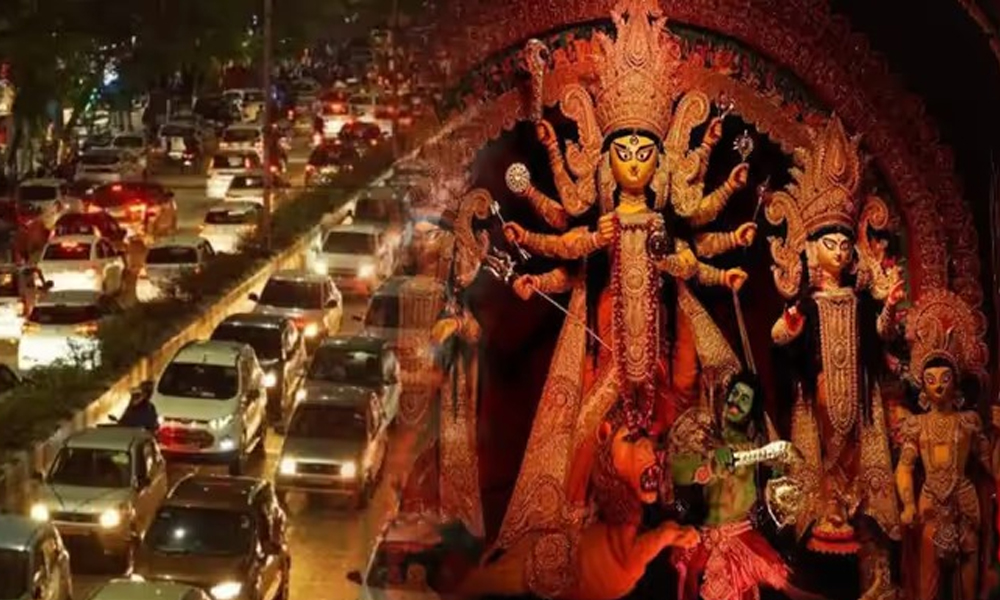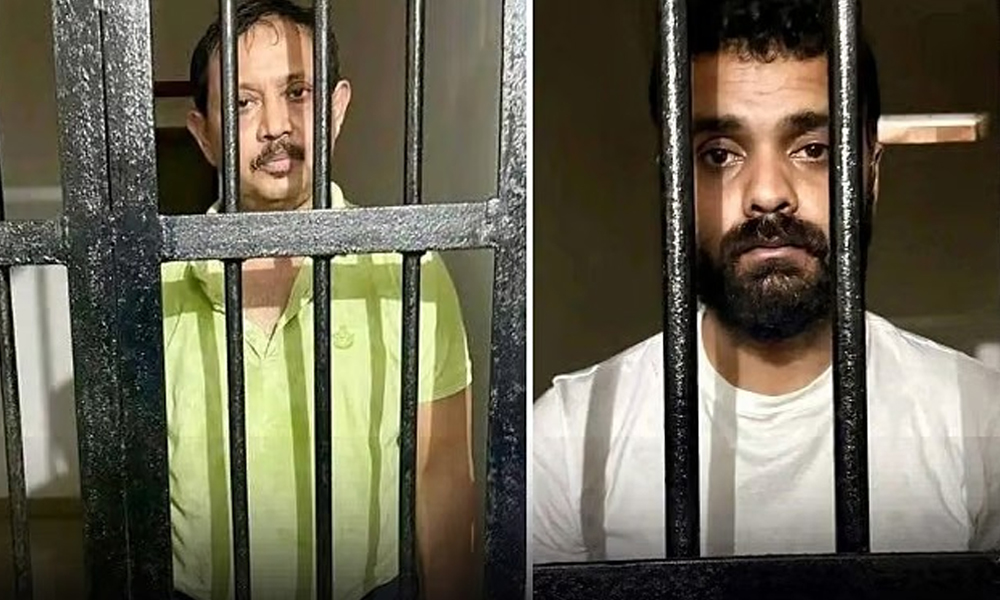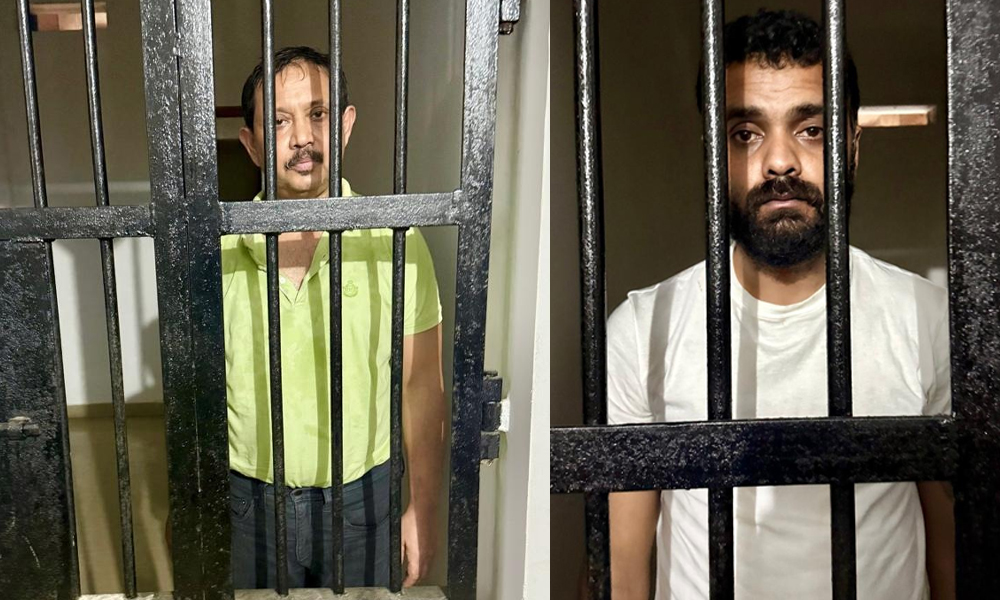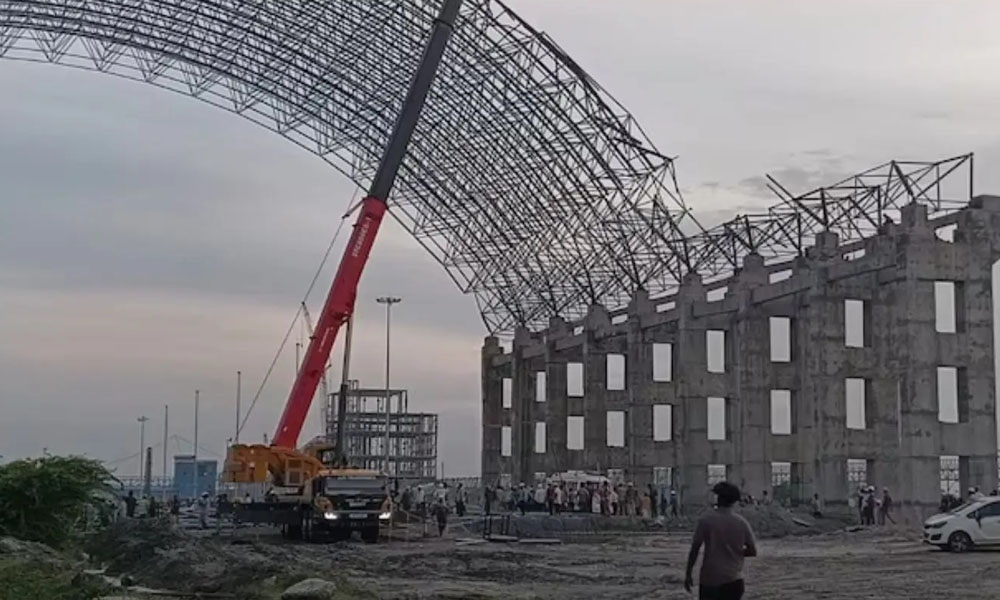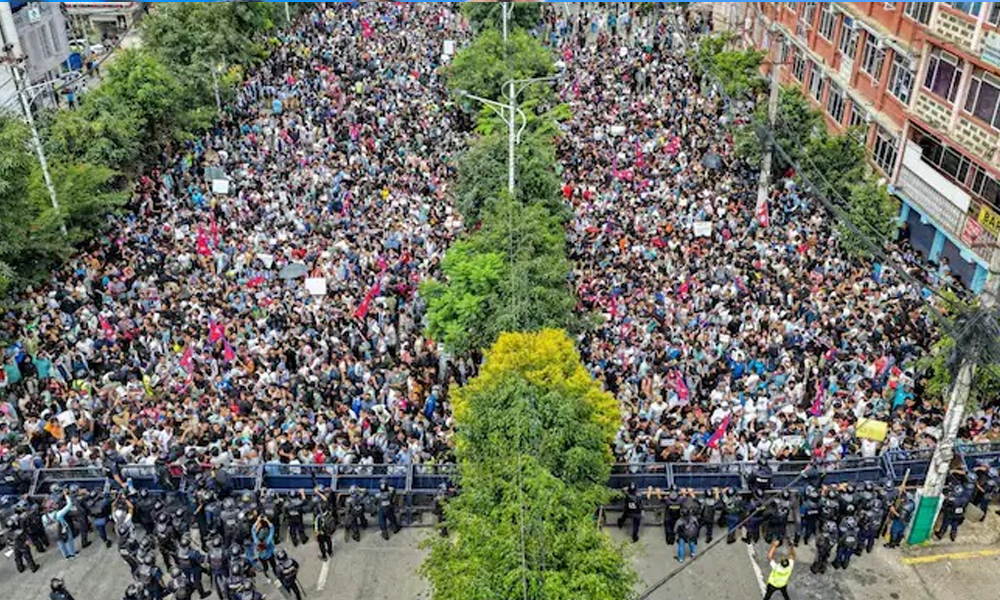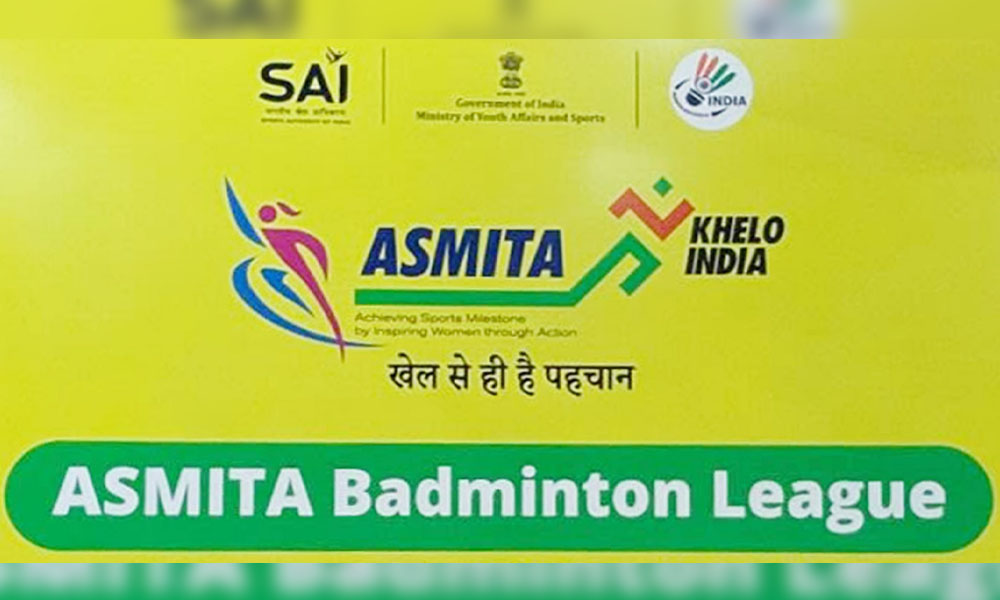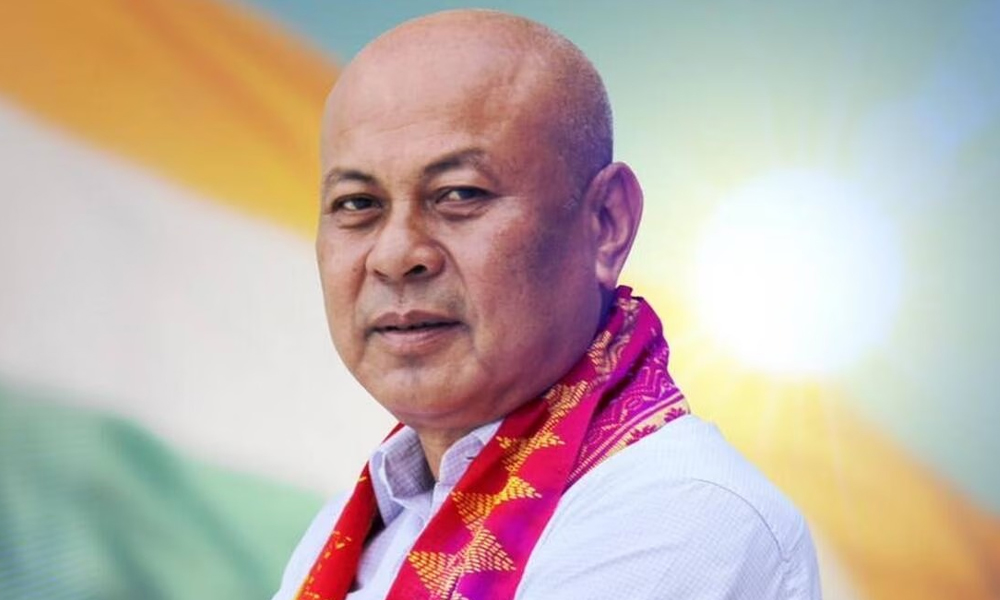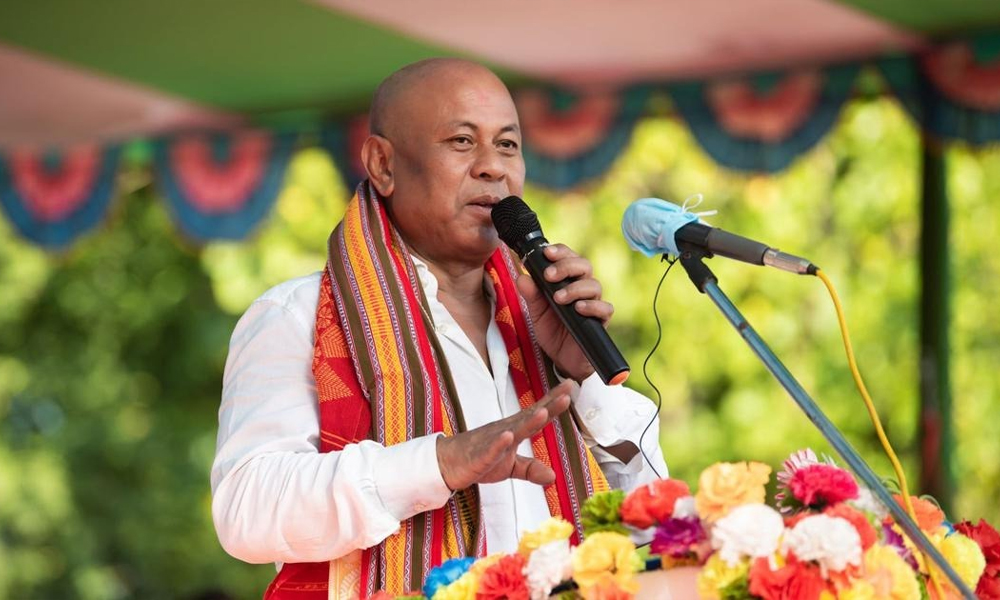Eminent economist and head of the Institute for Studies in Industrial Development (ISID), Nagesh Kumar, echoed similar sentiments, stating that high-frequency indicators indicate to a strong growth momentum continuing through 2022–2023 with real GDP growth of between 7 and 7.8%.
Digital Desk: Due to improved
agricultural output and a revitalised rural economy, the Indian economy can
grow by 7–7.8% this fiscal year despite global headwinds, primarily caused by
the current Russia–Ukraine war.
The Indian economy is currently
experiencing numerous challenges, the majority of which are coming from outside
the country, according to eminent economist and vice chancellor of the BR
Ambedkar School of Economics (BASE), NR Bhanumurthy.
He said that, unlike advanced
economies, India's COVID stimulus measures, especially the fiscal policy
interventions, are less inflationary and instead growth-enhancing. He noted
that global inflationary pressures and the Russia-Ukraine war have added risks
to the economy, which is otherwise strong with all domestic macro fundamentals
being well managed.
"Despite
global headwinds, India should reach 7% growth in the current year with
improved agricultural production and a revitalised rural economy,"
Bhanumurthy told PTI.
Eminent economist and head of the
Institute for Studies in Industrial Development (ISID), Nagesh Kumar, echoed
similar sentiments, stating that high-frequency indicators indicate to a strong
growth momentum continuing through 2022–2023 with real GDP growth of between 7
and 7.8%.
The high cost of energy and fertiliser
imports, according to French economist Guy Sorman, might have a significant
negative impact on India.
The social effects of slower growth
will be mitigated by city employees returning to their villages, though, as
India's economy is still predominately agrarian.
Sorman remarked, "This might
boost agricultural output and grain exports."
In light of escalating inflation,
hiccups in the supply chain, and geopolitical tensions tapering recovery, the World
Bank has reduced India's economic growth prediction for the current fiscal to
7.5%.
In contrast to a 6.6 percent decrease
the year before, India's GDP gained 8.7 percent in the most recent fiscal year
(2021–2022).
The Reserve Bank kept its GDP growth
prediction for the current fiscal year at 7.2 percent in its third monetary
policy statement for 2022–2023 but cautioned about negative spillovers from
geopolitical tensions and a slowing global economy.
Regarding high inflation, Bhanumurthy
claimed that CPI inflation peaked in March 2022 and that fuel costs played a
significant role in the CPI inflation over the previous three months.
"Delayed transmission of domestic
fuel prices and a rise in global fuel and other commodity prices appear to have
led to a sudden spurt in CPI inflation," he said. He added that recent
policy changes, like the elimination of fuel taxes and the raising of policy
interest rates, should smooth out inflation and inflation expectations in the
upcoming quarters.
As the CPI levels are high, Kumar
pointed out that the global headwinds of rising commodity prices do represent
adverse concerns for the Indian economic outlook.
However, considering that the growth
momentum appears to be pretty strong, I do not believe that India is on the verge
of stagflation "Kumar disagreed.
Sorman claims that excessive
government spending (which is largely needed to make up for COVID-19) and low
interest rates are to blame for inflation, which has now become a global
problem.
"Everywhere the financial bubble
is popping.
He noted, "India is not
different.
Retail inflation decreased to 7.04
percent in May, primarily due to falling food and gasoline costs as the
government and RBI intervened to rein in spiralling price increases through
duty reductions and repo rate increases.
However,
for the sixth consecutive month, the inflation print was above the Reserve
Bank's upper tolerance range of 6%.
When
asked if India's economy is doing better than it was eight years ago, Sorman
responded that Narendra Modi was chosen as prime minister to combat public
corruption and boost the Indian economy.
"Of
course, Modi has partially achieved his goals. The majority of Indians are
doing better than they were eight years ago “he added.



